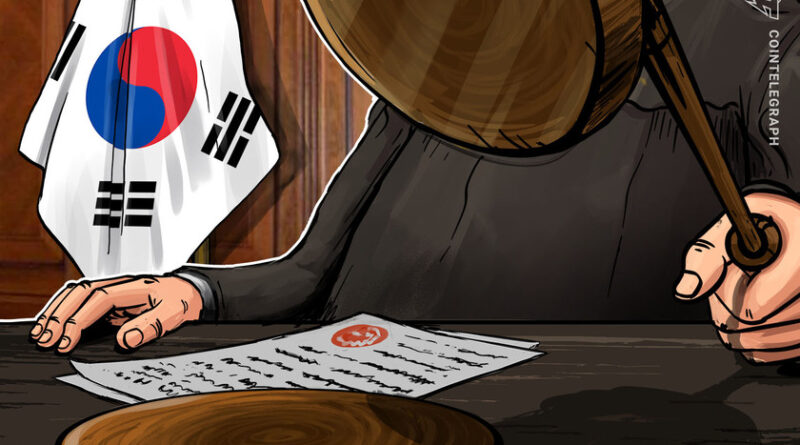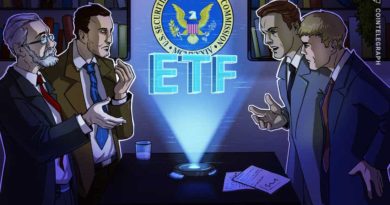South Korean judge dismisses warrant for individual involved in Terra collapse: Report
In his decision to dismiss the warrant, the judge reportedly considered that Yoo Mo had a residence and family ties in South Korea and was already barred from leaving the country.
The warrant for Yoo Mo, the head of the business team of Terraform Labs, has reportedly been dismissed less than 48 hours after it had been issued.
According to an Oct. 6 report from South Korea’s Yonhap News Agency, Judge Hong Jin-Pyo of the Seoul Southern District Court said it was difficult to see the “necessity and significance” of arresting Yoo. The prosecutor’s office in the same jurisdiction reportedly issued a bench warrant for the Terraform Labs executive on Oct. 5 for charges that included violating the Capital Markets Act and fraud by manipulating the price of TerraUSD (UST) — now TerraUSD Classic (USTC).
The judge reportedly considered the fact that Yoo had a residence and family ties in South Korea and was already barred from leaving the country in his decision. In addition, he questioned whether the LUNA token qualified as an “investment contract security” under Korea’s Capital Market Act. Yoo has reportedly not disputed his involvement in operating and managing one of Terra’s automated bot programs, which were at the center of the scandal.
Yoo was the first individual to have potentially faced charges after the collapse of Terra in May. Prosecutors have the option of reapplying for an arrest warrant.
In September, a South Korean court issued an arrest warrant for Terra co-founder Do Kwon, followed by Interpol adding his name to its Red Notice list. At the time of publication, Kwon’s whereabouts were unknown. Reports have suggested the Terra co-founder may have left Singapore, but South Korea’s Ministry of Foreign Affairs ordered him to surrender his passport by Oct. 20 or risk having the international travel document voided.
Related: Terra could leave a similar regulatory legacy to that of Facebook’s Libra
The case against Kwon and Terra has had many legal implications for businesses in the crypto space. In September, the deputy minister of Indonesia’s Ministry of Trade proposed requiring two-thirds of the directors and commissioners at crypto firms to be citizens, reportedly to prevent them “from fleeing the country if any problem arises.”




